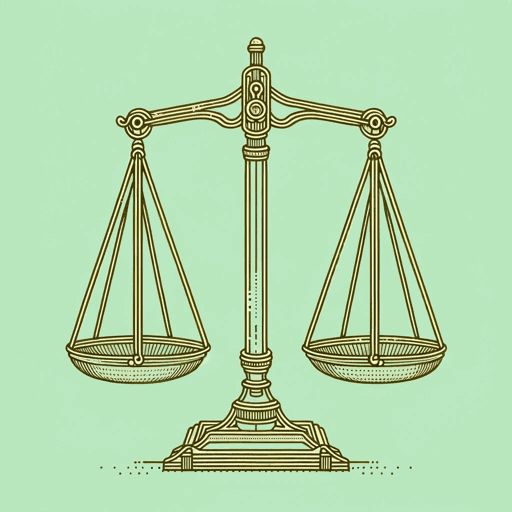52 pages • 1 hour read
Robert HeilbronerThe Worldly Philosophers
Nonfiction | Biography | Adult | Published in 1953A modern alternative to SparkNotes and CliffsNotes, SuperSummary offers high-quality Study Guides with detailed chapter summaries and analysis of major themes, characters, and more.
Chapters 9-11Chapter Summaries & Analyses
Chapter 9 Summary: “The Heresies of John Maynard Keynes”
The philosophies of John Maynard Keynes emerged after the stock market crash of 1929 had left the world economy paralyzed by both mass unemployment and a lack of capital to invest in production. Keynes was no left-wing radical like Marx; he came from a respectable family in England and lived a life marked by achievement and easy success. After completing his Ph.D. and spending two years in the civil service, he took a post at Cambridge, where he found immediate success. He also joined the Bloomsbury Group, made up of the leading artistic and intellectual minds of the day.
During World War I, Keynes was a key figure in the British Treasury. After the war, he railed against the vindictive and unsustainable peace accords like the Treaty of Versailles, which he (correctly) predicted would lead to a resurgence of German militarism. He resigned and wrote a book arguing his point, which made him famous, and he used his intellect and newfound fame to speculate in international markets, quickly amassing a small fortune.
By the 1930s, Keynes turned his attention to the question of what made the economy cycle between prosperity and depression. He returned to a once-maligned argument from Hobson: Excess saving pulled capital from the market system, thus creating an economic crisis.

